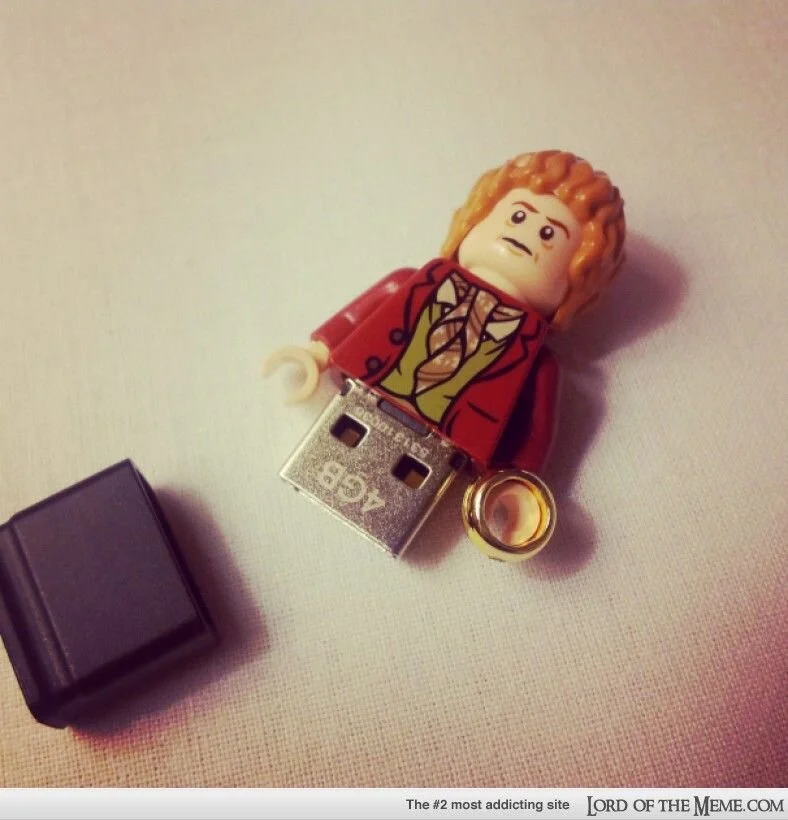Reflections On One Year Here
On my very first trip to Chicago, I hunted for an apartment.
Last year this time, I was looking at a variety of buildings in a city I’d never visited. I heard of the Bean and deep-dish pizza but that was about it – and there I was, about to move.
Before moving here, I was living in a small town in Pennsylvania, close to many of my friends and extended family. I was moving to a big city – something I hadn’t done since my miserable grad school experience – and I knew only one person who lived several hours away. I didn’t even know anyone at my new job except the people who I interviewed with, who seemed nice but were still strangers.
I had no idea if I was doing the right thing, but I was ready to leave small-town life. I could only hope I’d do well in the new job and make some new friends and get through that initial period of loneliness that’s happened after every time I’ve moved.
This morning, I got an email in my work inbox congratulating me on a year at my job that was no longer new. I told my boss, who I now consider a friend, and she was thrilled for me. And best of all, I had several people to write to outside of work to share the happy news.
I won’t deny that my first winter was hard. Even though I’d lived in the northeast for years, I was completely unprepared for Chicago winters, especially the wind (and the polar vortex days when it was too cold to even go outside). I was planning to start a lot of new activities when I moved, but found out that things tend to go on hiatus around this time and begin again in the spring, which meant a long, lonely winter. The only group I managed to find that did activities all winter, my Pokemon Go friend group, was the best thing that could have happened to me.
I found them my first weekend, and quickly became part of the group. It may not seem like the most sociable thing in the world to spend a lot of time playing video games, but Pokemon Go in particular helped me a ton after a stressful move. I found people to talk to my first weekend there, after going to the Lincoln Park Zoo for an event, and as I started playing more, I learned my way around Chicago by following pokemon through the map of the Loop and beyond.
When I first found the group a year ago, I was so stressed from the move and leaving my friends and hearing that my dog was sick that I thought my brain would just explode. But now, I have a kind, caring, supportive community, and I know I won’t have another lonely winter.
Last year, I couldn’t have imagined things going this well.
During the moving process, my beloved red Honda Civic, Marian (named for the protagonist of Dragon Age 2, one of my favorite video games), had squirrels under the hood. Not only did they leave nuts that I’m deathly allergic to, but they also prevented my car from going over 4 mph and left me unable to do my own chores, shopping, and other necessities during my last week in Pennsylvania.
I had to say goodbye to friends who I know are far better at communicating in person as opposed to online, and it was incredibly difficult for me to hold my tongue even though I knew I’d basically be losing the close bonds we had.
I was also going to a new job, one that I had no idea if I would like. I could very easily be moving from one job with a toxic work environment to another, even if my new boss sounded nice on the phone.
I was terrified that my apartment would be like my grad school dorm, filled with cockroaches until I got help from the local police in confronting my stubborn landlord.
All of this coalesced into one: I was terrified because I, a person who needs to know everything to feel calm, knew nothing.
And now, a year later, I’m thrilled at how far I’ve come. I’ve made friends, I live in an apartment that has its flaws but is certainly not infested with anything, and enjoy my job. I’ve also made strides in trying new foods, being more open about what’s helpful and harmful for me, and I’ve started this blog.
Writing for No Shame On U has been one of the highlights of my year in Chicago. I love the ability to show what life can be like with mental illness, and it heartens me to see likes, shares, and responses from people who have learned something new or found my words interesting. It’s a thrill to be writing for you, and I hope this year is just the beginning of much more blogging, sharing, and stigma-squashing to come!
Ellie, a writer new to the Chicago area, was diagnosed with OCD at age 3. She hopes to educate others about her condition and end the stigma against mental illness.






